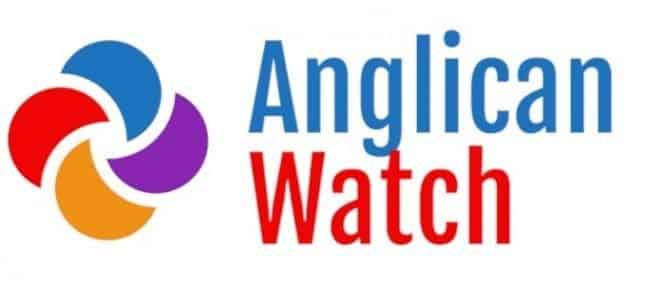You have to hand it to Shannon Johnston and Susan Goff–they sure know how to make a hash of things. And there’s no better example than their dismal failure to adopt the 2017 Model Safe Church Policies in the Episcopal Diocese of Virginia. Per General Convention, these policies are approved church-wide and must be adopted by all dioceses, churches, and organizations. Yet none of this has happened in the Diocese of Virginia.
Several key points about the model policies:
- Much like fair employment statutes, they establish floors, not ceilings. In other words, dioceses can (and should) adopt higher standards as long as they are not inconsistent with the model policies.
- They contain multiple provisions to promote awareness and accountability. These include posting in public areas, annual audits by churches, organizations, and dioceses, and more. These are important and must be taken seriously at all levels. (Michael Barlowe, we like you, but get with the program.)
In the case of DioVA — and just about every other diocese — they can and should go further in their policies. There is far too much bullying, abuse of power, lack of transparency, and lack of accountability.
Our recommendations include the following:
- Requiring each parish and organization to publish Safe Church contact information not just in a prominent place in the building but also on their websites.
- Establishing the same posting standards for the required annual self-audit.
- Expressly including bullying, shunning, and other forms of spiritual abuse in the Safe Church policies, and making clear that these apply to all persons, not just youth and vulnerable adults. Apparently, Episcopalians fail to understand that these are verboten under the Baptismal Covenant.
- Encouraging in-person training. While the Praesidium videos are great, they require little interaction and can be allowed to run in the background while participants watch TV, do administrative work, etc. Nothing beats group discussion of these issues.
- Making compliance a priority. Six years is a shockingly long time to ignore these issues, and it sends a powerful message about the Episcopal Church and its priorities.
- Making clear that there are paths forward that don’t involve Title IV. Too often, dioceses treat complaints as all-or-nothing Title IV matters. In other words, the only thing you can do is file a Title IV case. But if the situation involves bullying or spiritual abuse, it is almost a sure thing that the complaint will be dismissed. That outcome ignores bishops’ express authority to issue a pastoral directive, even absent a Title IV complaint, per the canons. Many of the church’s woes would be resolved if more bishops were willing to email the priest in question saying, “Knock it off, or else.”
- Strong leadership by bishops. This means publicly endorsing the policies, making sure parishes and organizations comply and self-audit, and holding clergy accountable who fail to comply.
- NOT waiting for the next annual convention to adopt and implement the model policies. The policies are well-done, and it would be easy to add tweaks to cover bullying, etc. And that is what executive boards are for–to make things happen between conventions. Need help drafting? Anglican Watch team members will personally help you make tweaks, etc. So there is no excuse for not implementing policies.
We also note that DioVA, that cesspool of dysfunction, is far from the only culprit on these issues. For example, months after we called Western Louisiana out for not complying, it still has not adopted the Model Policies.
And folks, let’s be clear: This is not hard. A good lawyer can bang out needed tweaks to localize these policies in a matter of hours. And adding language about bullying and spiritual abuse should not be controversial–they are part and parcel of the baptismal covenant. That is unless you are Alan Gates, George Sumner, Susan Goff, Shannon Johnston, or the other losers who wind up as Episcopal bishops.


Leave a Reply